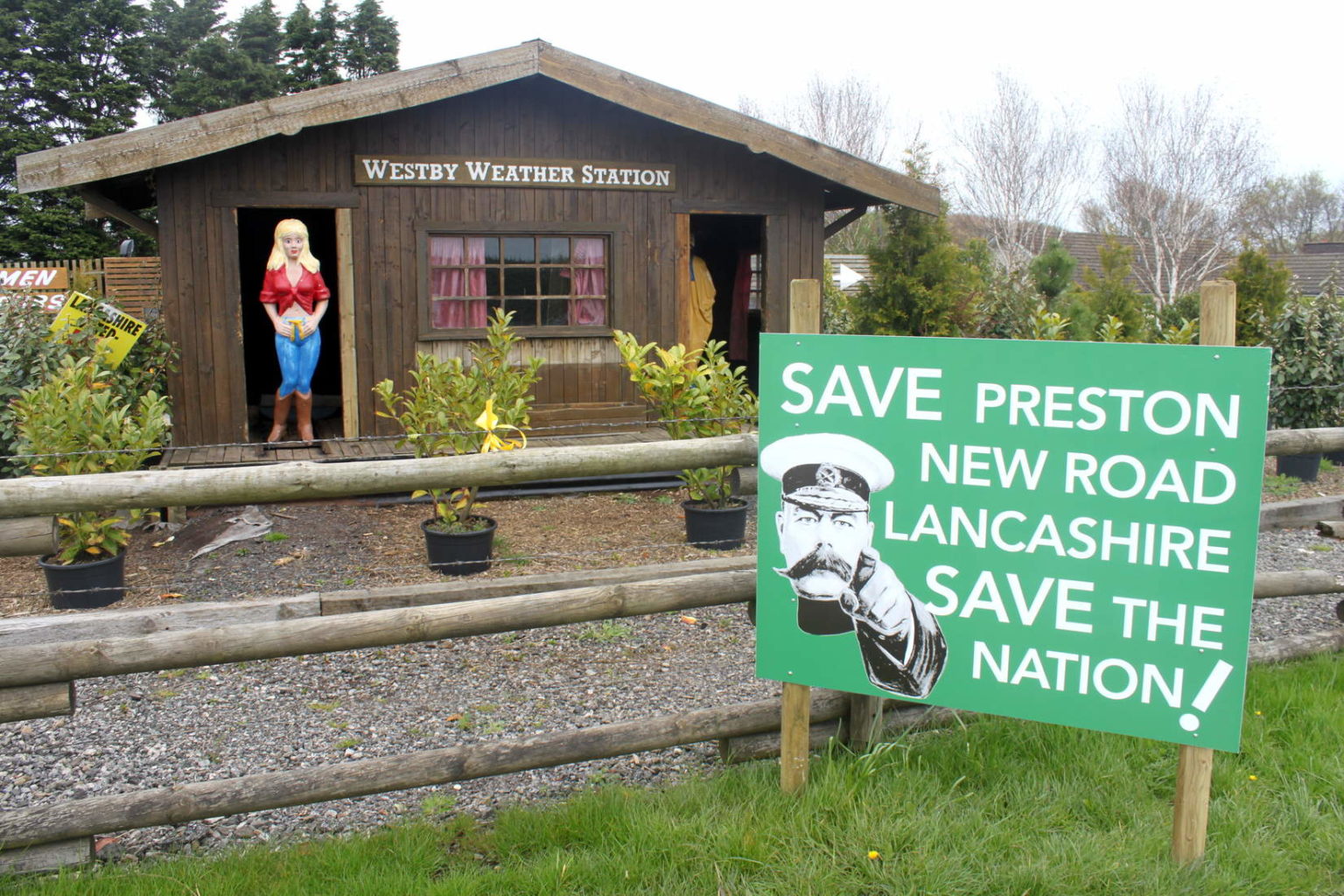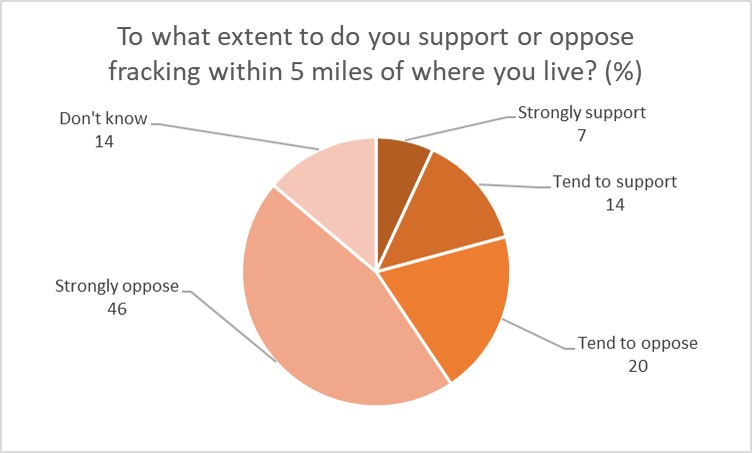In the 2017 general election, Theresa May’s Conservatives were the only party to support fracking despite its unpopularity nationwide. Now a new poll shows local residents in Lancashire — an area on the frontline of fracking — are against having shale gas developments near their homes, as Ruth Hayhurst reports for Drill or Drop.
Two-thirds of people surveyed in Lancashire opposed fracking within five miles of their home, according to a new poll published today.
The survey, by YouGov for Friends of the Earth, also found that
- 66% were concerned about the impact of fracking on Lancashire’s natural environment
- 54% said they thought fracking was unsafe
The findings, released two years after Lancashire County Council opposed Cuadrilla’s plans to frack at two sites in the Fylde, suggest there is solid support for local decision making.
According to the survey, almost three-quarters (73%) thought Lancashire County Council should have the final say on whether fracking should go ahead.
Two-thirds of participants opposed proposals in the Conservative manifesto to allow non-fracking drilling to occur without planning permission.
Friends of the Earth called on the government
- Immediately ban all fracking
- Drop plans to remove local planning control on shale gas proposals
- Invest in renewable energy
Friends of the Earth North West campaigner Helen Rimmer, said:
“Lancashire residents already know that fracking is unwanted, not just here but anywhere in the country where fracking is proposed. But the extent to which this industry has failed to win over the public is undeniable.
“There is overwhelming opposition to fracking from Sussex to Lancashire. The list of countries banning fracking grows all the time, why should Lancashire just roll over and accept it?
“Instead of imposing an industry on communities, the government must let localism happen and prioritise clean, renewable energy that would cut climate emissions and at the same time create tens of thousands of new jobs”.
1,148 adults in Lancashire took part in the survey, carried out online, from 26 May-6th June 2017. The figures have been weighted and are representative of adults in Lancashire.
Main image credit: DeSmog UK, CC BY–SA
Subscribe to our newsletter
Stay up to date with DeSmog news and alerts








